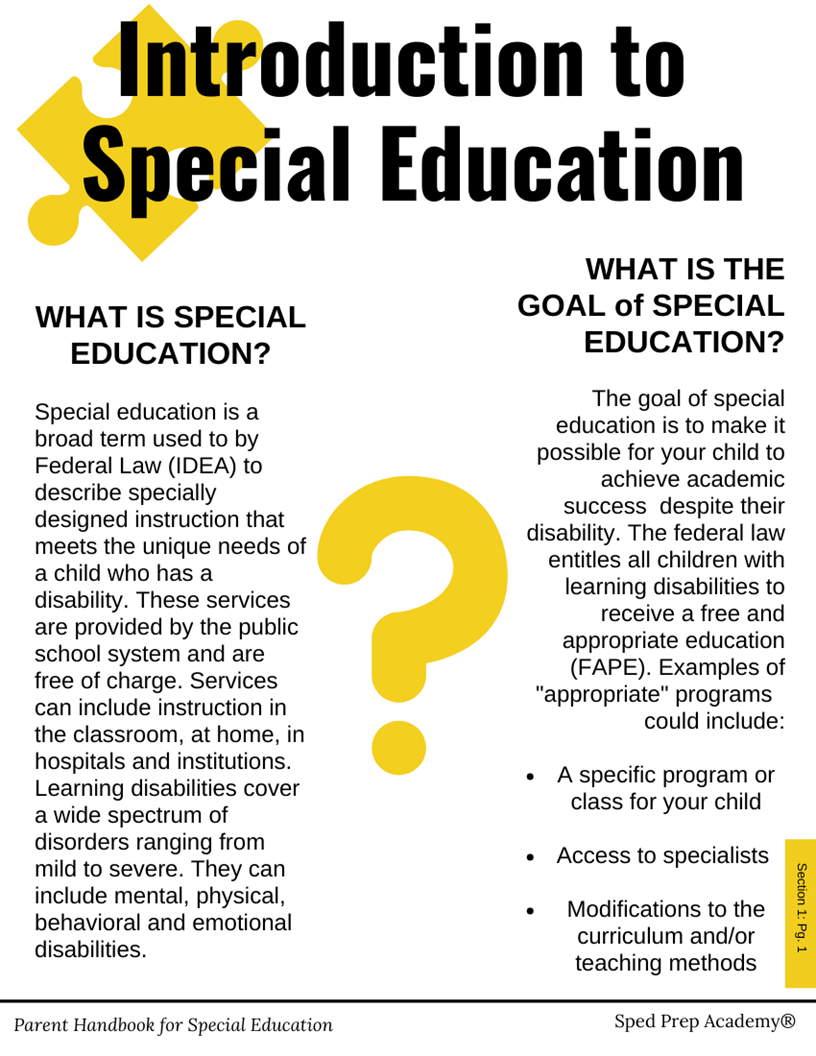Build Better Communication Between School and Home

One of the most important things you can do for your students is to have a relationship with their parents. These relationships serve as a foundation for effective collaboration, support, and understanding. By building trust and open lines of communication with parents, special education teachers gain valuable insights into the unique needs, strengths, and challenges of their students.
Parents hold a wealth of knowledge about their child's abilities, preferences, and home environment, which can greatly inform instructional strategies and interventions. Plus, involving parents in the educational process enhances consistency and reinforces learning between home and school settings. When parents and teachers work together as a cohesive team, sharing information, setting goals, and implementing strategies, children with special needs receive a holistic support system that maximizes their potential and fosters their overall well-being and success.
Establishing Open Lines of Communication
Effective communication plays a pivotal role in the education of students with special needs. It allows special education teachers to collaborate closely with parents, ensuring a unified and consistent approach to support the child's learning and development. Recognizing the importance of communication sets the foundation for a strong school-home partnership.
Creating an environment of open and ongoing communication is essential. Special education teachers should actively encourage parents to share their insights, concerns, and aspirations for their child's education. This can be accomplished through various methods such as parent-teacher conferences, regular check-ins, and open-door policies. By establishing open lines of communication, trust is built, and the teacher-parent relationship is strengthened.
Utilizing Multiple Communication Channels
Different parents have varying preferences when it comes to communication. To cater to diverse needs, special education teachers should utilize multiple communication channels. This may include:
- texting
- emails
- phone calls
- newsletters
- online platforms/apps (Seesaw, Dojo, Classtag, etc.)
- in-person meetings
Providing options ensures that parents can engage in a manner that is convenient and comfortable for them, maximizing their participation in their child's education.
Provide Regular Updates and Progress Reports
Regular updates and progress reports are vital components of effective communication. Special education teachers should provide comprehensive reports that detail the student's achievements, challenges, and recommendations. This transparent approach enables parents to stay informed about their child's academic, social, and emotional progress. It also demonstrates the teacher's commitment to keeping parents actively involved in their child's educational journey.
Cultivating Two-Way Communication
Communication should be a two-way street, where both parties are actively engaged in dialogue. Special education teachers should actively seek input from parents, encouraging them to share relevant information about their child's needs, interests, and concerns. In turn, teachers can provide valuable insights and strategies to support the child's development. By cultivating two-way communication, a collaborative partnership between school and home is nurtured, resulting in a more holistic and effective educational experience for the student.
Provide Support and Resources for Parents
When you go above and beyond for parents, you not only strengthen the parent-teacher relationship, but you also create a sense of partnership and trust that empowers parents to become active advocates for their child's education and for YOU!
Special education teachers should support parents by providing them with resources, information, and guidance. This may include directing them to support groups, workshops, or community services related to special education. Equipping parents with knowledge and resources empowers them to actively advocate for their child and further engage in their educational journey. By offering support, special education teachers contribute to the overall success of the student and strengthen the school-home partnership.
One of the things I use a
This Parent Handbook is a great place to start when providing parents with resources and is a perfect introduction into the confusing world of Special Education. This handbook will show your parents that you want to work together with them to give their child the best possible education.
Often, parents are so overwhelmed with what is going on that they don't know what questions to ask or who to get in contact with if they have questions later. As something concrete they can take home and use for future reference, the parent handbook
- outlines the processes and procedures for placement into special education
- guides parents through the process and gives them information in layman's terms
- includes forms that help parents be an active participant in their child's IEP meetings.
Included in the handbook:
✅Parent rights are explained
✅The Special Education Process is explained
✅Personal Directory
✅Child Find Information
✅Evaluations
✅Placement
✅Least Restrictive Environment
✅IEP
✅Program
✅Services
✅Supports
✅Frequently Asked Questions
✅Resources
Plus, both English and Spanish versions are included.
Building effective communication between school and home is crucial in special education. By implementing the strategies outlined in this guide, special education teachers can establish a collaborative partnership with parents, leading to improved student outcomes and a supportive learning environment. Remember, effective communication is a key ingredient in unlocking the full potential of special education students, and together, we can create an inclusive and enriching educational experience for all.
Hope this post was beneficial!
Talk soon-






